Hello! As you gear up for your US Technician License exam, it's essential to know the specifics about the testing process and any potential waiting periods between attempts. This can help you plan effectively and reduce any stress related to exam logistics. Here’s what you need to know:
No Waiting Period Between Attempts
Unlike some career certifications that require a mandatory waiting period between test attempts if you fail, the US Technician License exam has no such restriction. If you don’t pass on your first try, you can retake the exam on the same day. However, you will need to pay the exam fee again, which is typically around $35.
Same-Day Testing for Multiple Exams
It’s worth noting that you can take both your Technician and General tests on the same day if you’re prepared. This can be a time-saving option, allowing you to move up to the next level without delay. Make sure you are well-prepared for both exams if you choose this route.
Sequential Testing Suggestion
If you prefer to take the exams separately, it’s advisable to wait until you receive your call sign from your Technician exam before taking the General exam. Having your call sign handy ensures that your paperwork for the General exam is accurate and complete.
Study Tips for the Technician License Exam
-
Understand the Exam Format: The Technician exam consists of 35 multiple-choice questions covering various topics, including FCC rules, operating procedures, radio wave properties, and basic electronics. You need to answer at least 26 questions correctly to pass.
-
Use Official Study Guides: Resources like the ARRL (American Radio Relay League) study guide can be incredibly helpful. These guides are tailored to cover all the topics you’ll encounter on the exam.
-
Practice with Sample Exams: Taking practice exams is one of the best ways to prepare. Websites like QRZ.com and HamExam.org offer free practice tests that simulate the real exam environment.
-
Join a Study Group: If possible, join a local amateur radio club or an online study group. Learning with others can provide additional insights and keep you motivated.
-
Hands-On Practice: If you have access to amateur radio equipment, spend some time getting hands-on experience. This practical knowledge can reinforce what you’ve learned from study guides and practice exams.
Taking the Exam
When you’re ready to take the exam, find a local testing session through the ARRL website or by contacting local amateur radio clubs. Ensure you bring the necessary identification, the exam fee, and any required paperwork.
Final Thoughts
Remember, the key to success is thorough preparation and practice. Whether you pass on the first attempt or need to retake the exam, the important thing is to stay focused on your goal of becoming a licensed amateur radio operator.

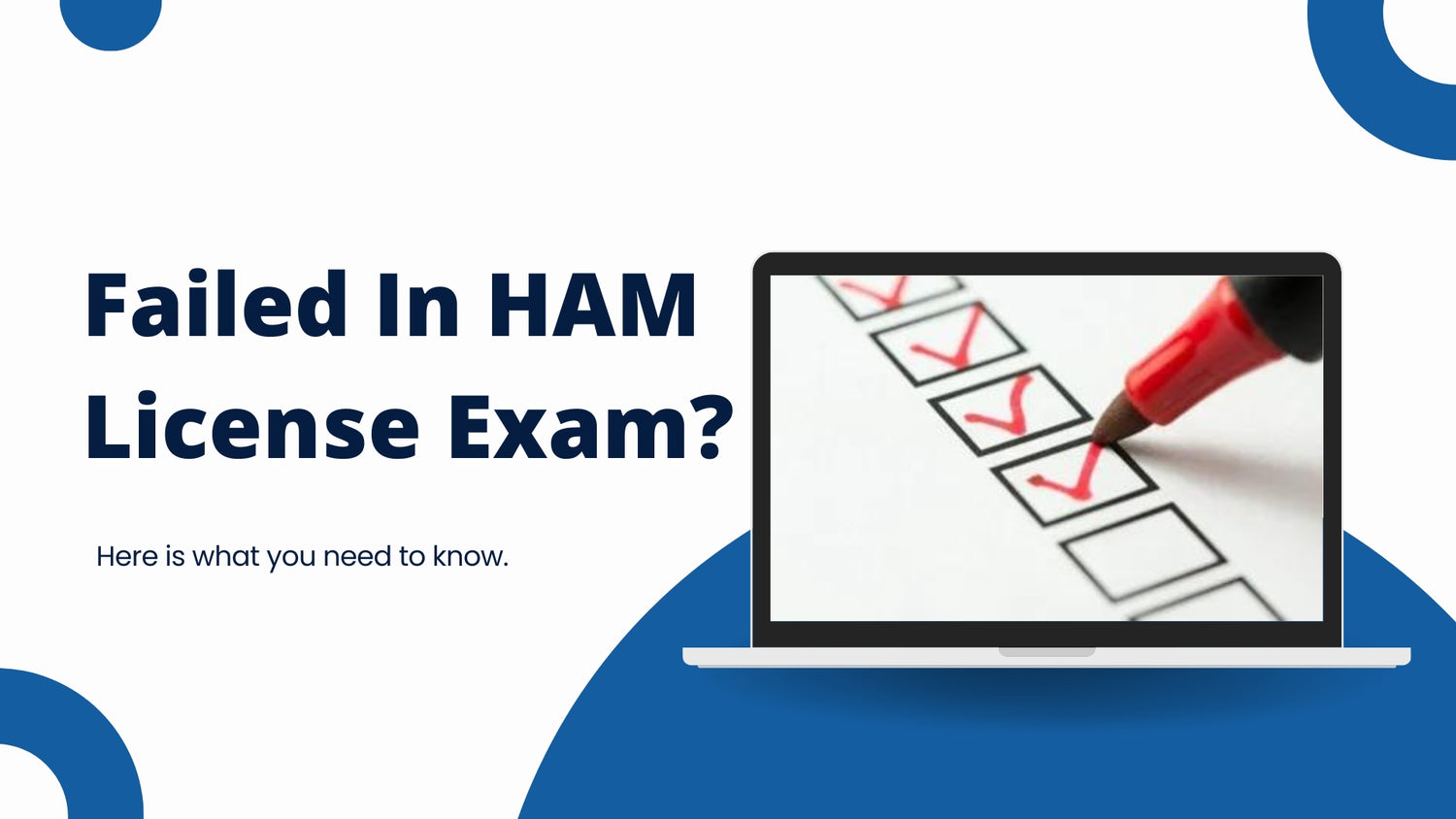
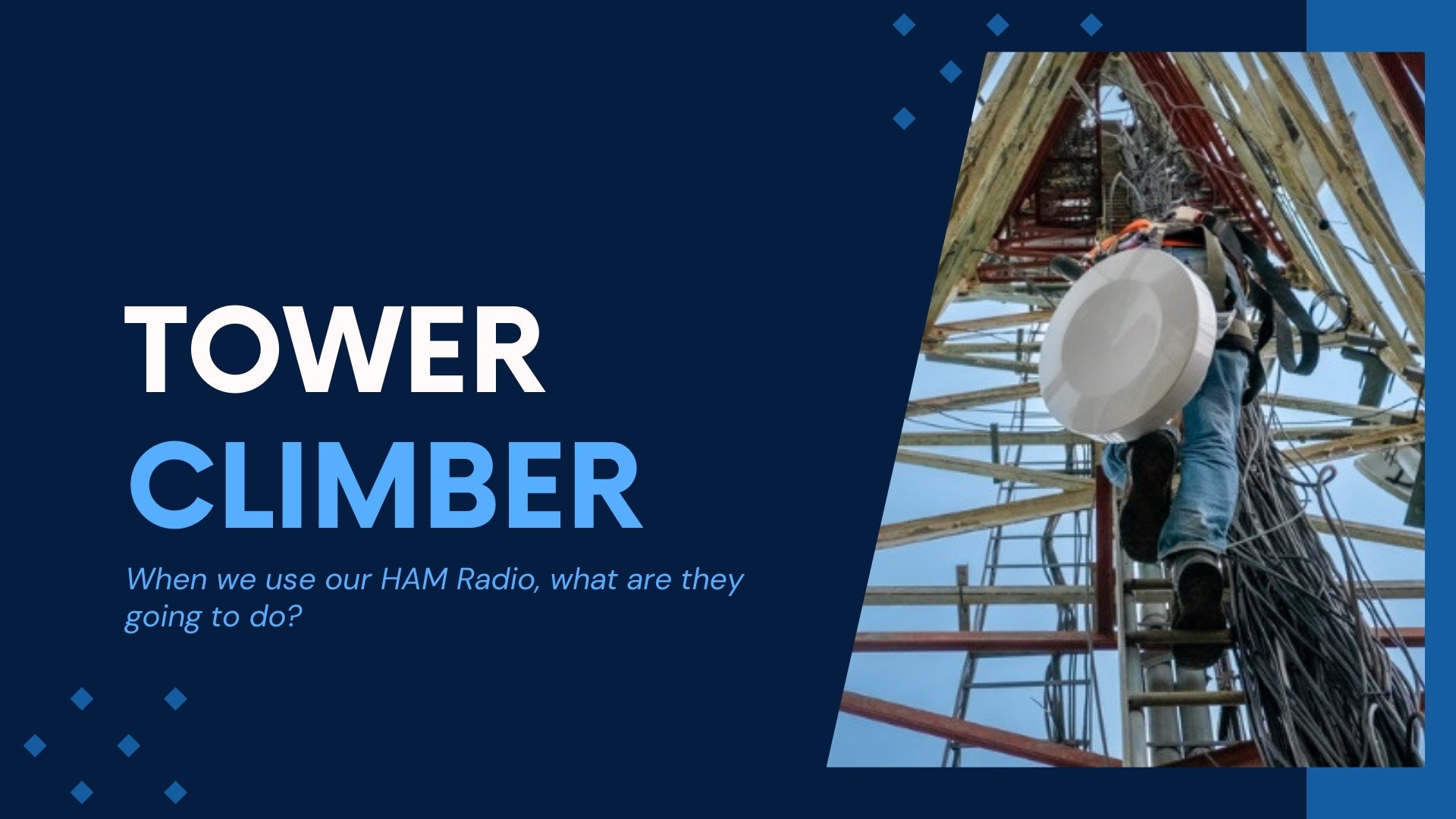

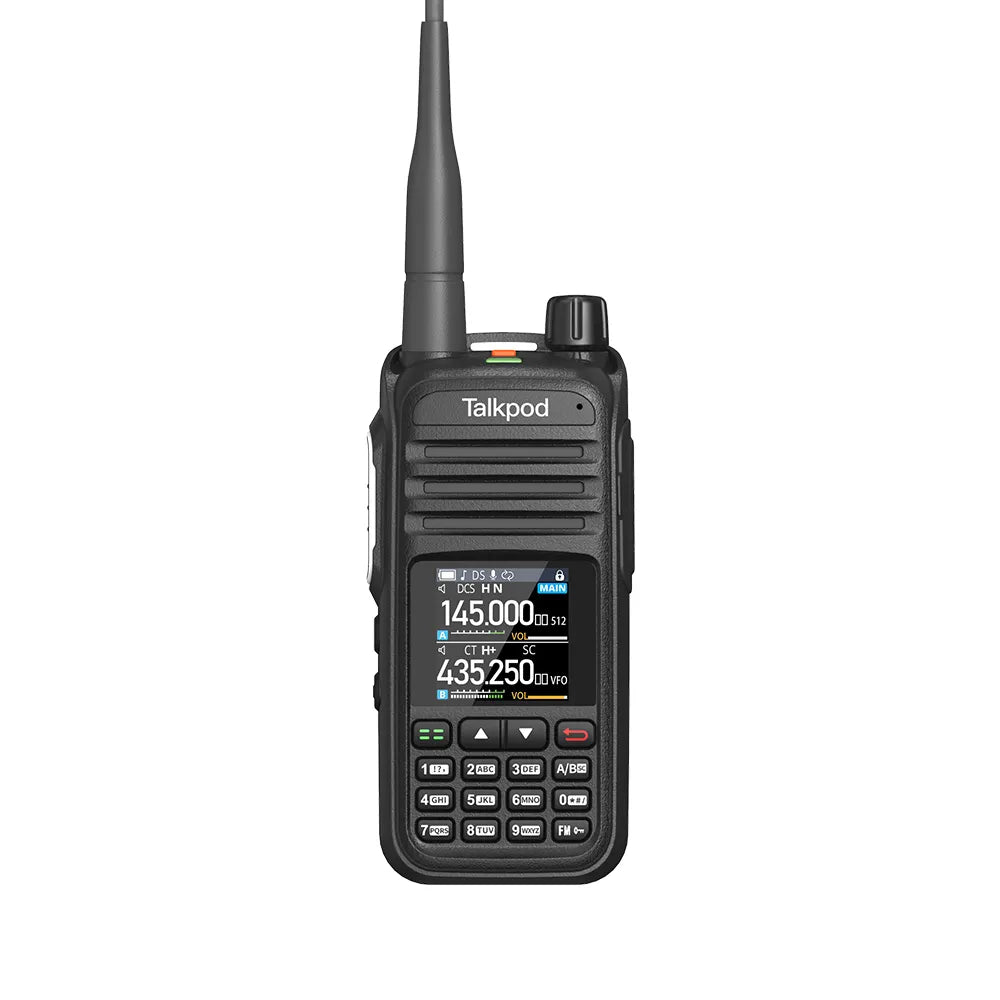
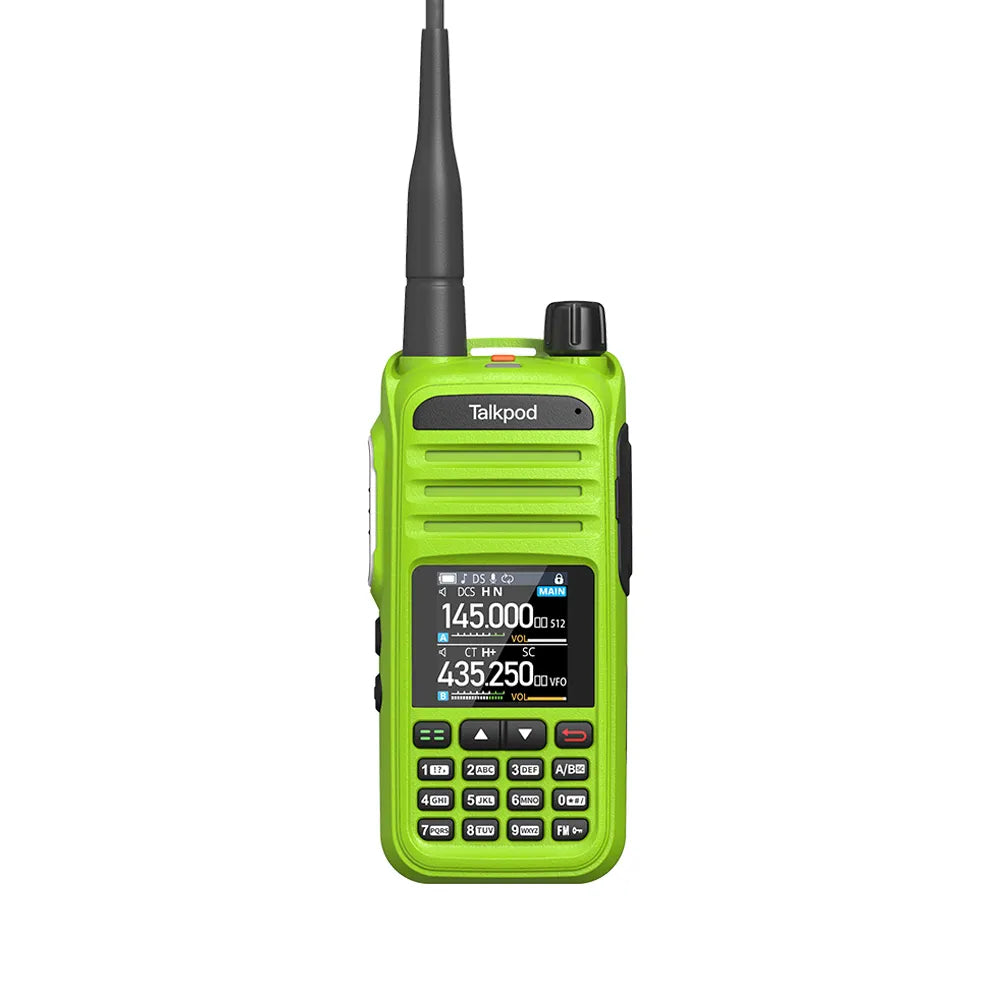


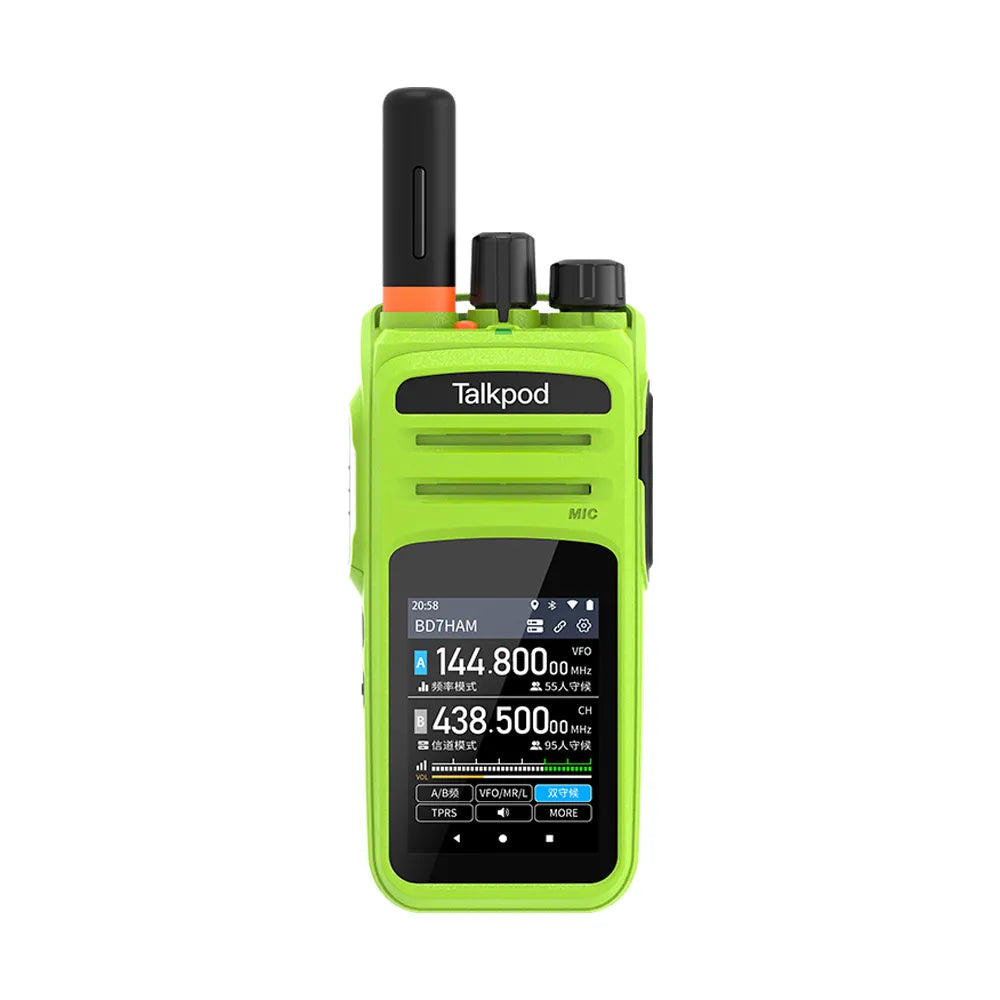
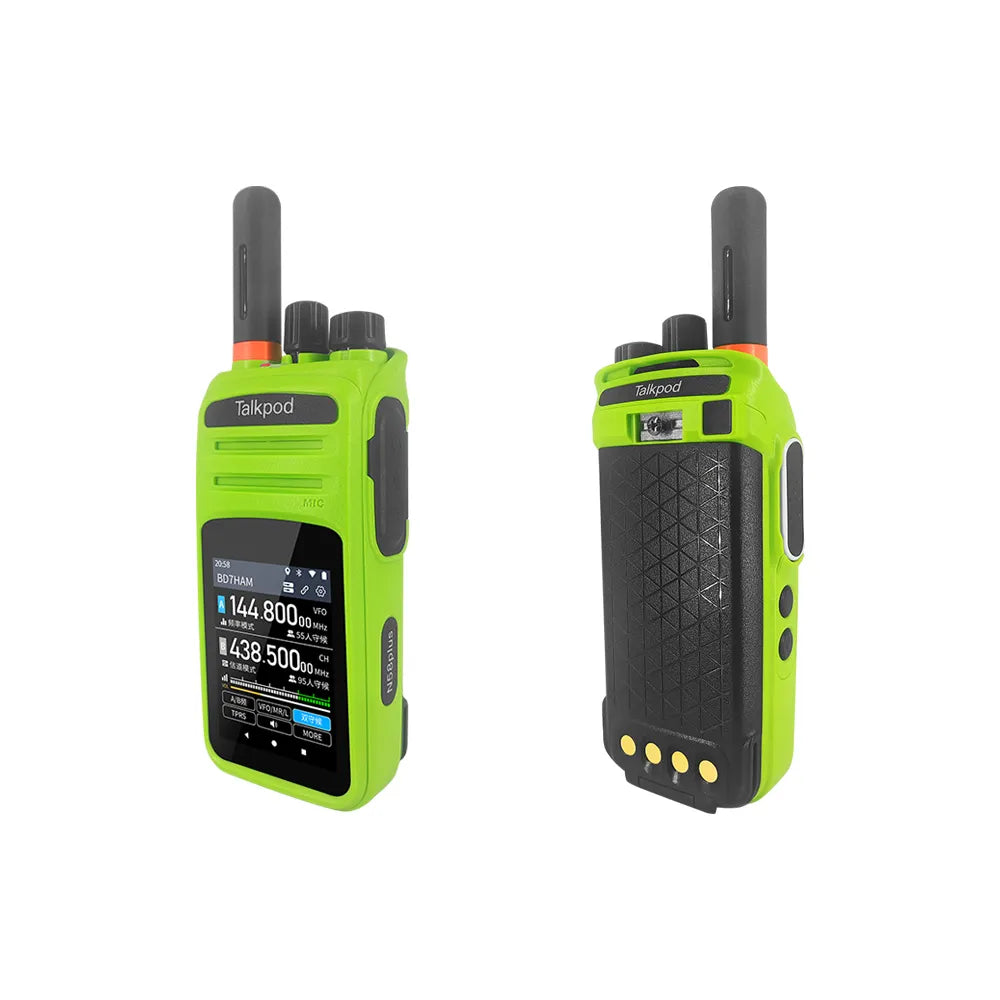
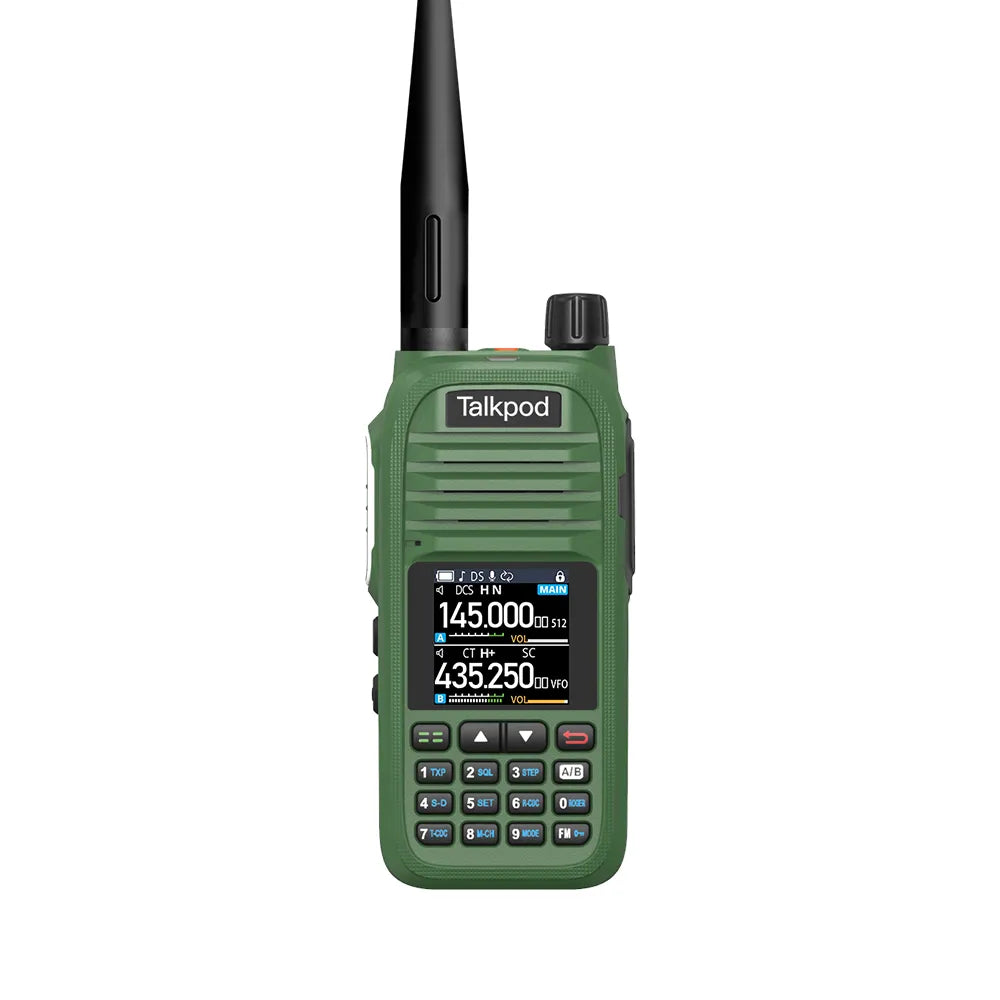
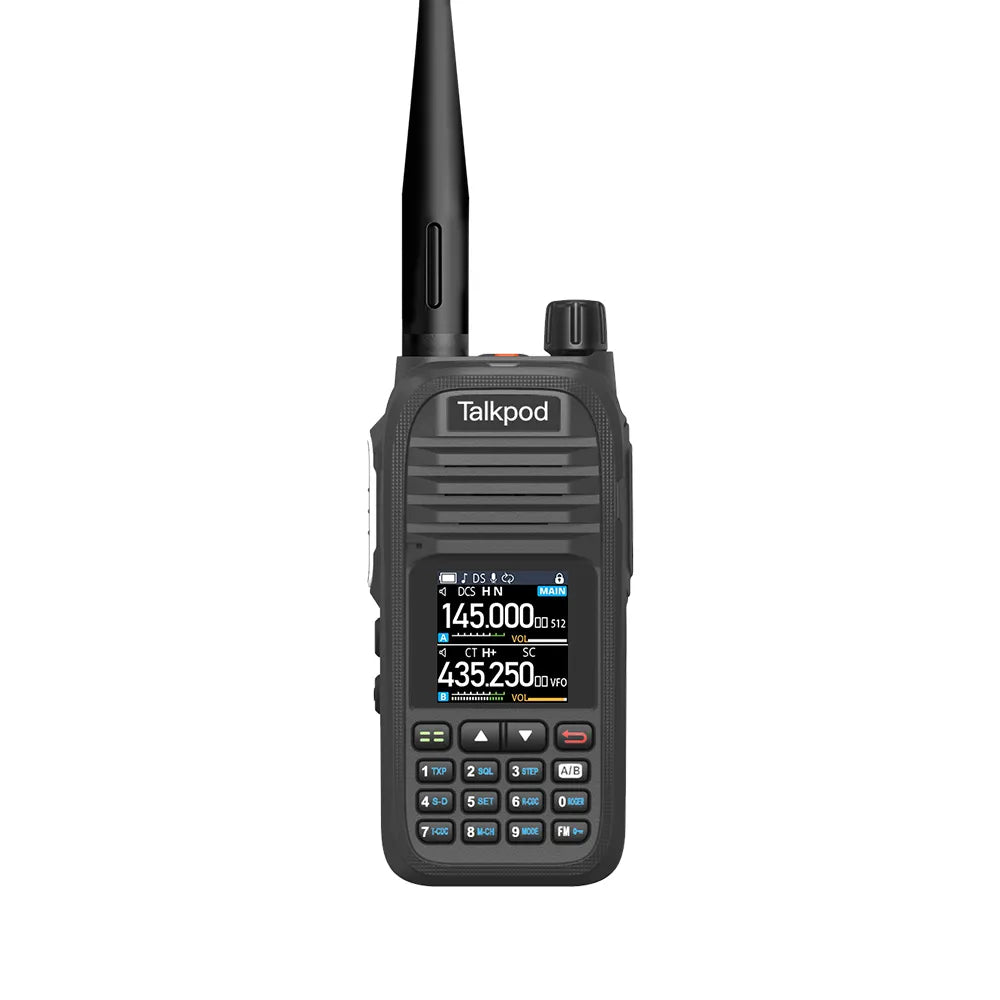
Leave a comment
All comments are moderated before being published.
This site is protected by hCaptcha and the hCaptcha Privacy Policy and Terms of Service apply.